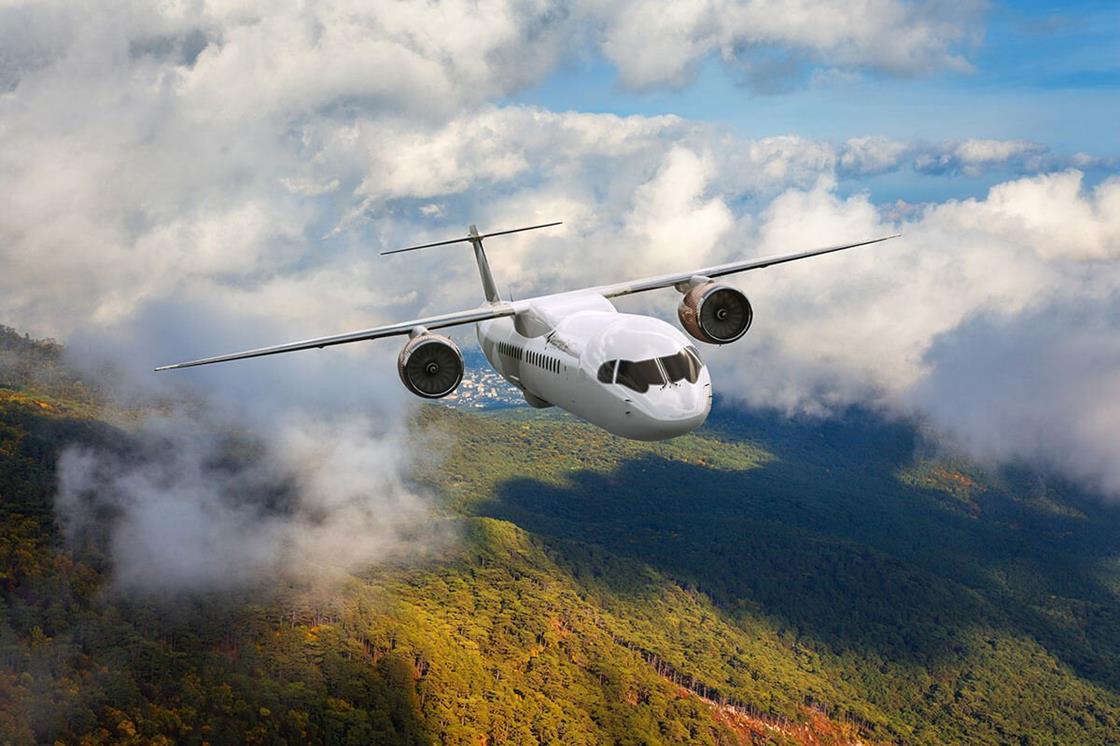Fokker Next Gen's Innovative Plan for Hydrogen-Powered Aircraft Development
Key Ideas
- Fokker Next Gen, part of the EU's Clean Aviation program, aims to develop a pioneering 120-150-seat hydrogen-powered aircraft by 2035.
- Originally planning to convert a Fokker 100 into a testbed for hydrogen combustion, the company shifted focus due to cost and complexity concerns.
- The company is now exploring using a Boeing 777 as a temporary testbed and is working on a digital twin fuel system for the future aircraft.
- Fokker Next Gen is collaborating with partners like Rolls-Royce and Latvian carrier Air Baltic to advance clean aviation technologies and establish production lines in the Netherlands and Latvia.
Fokker Next Gen, a successor to the renowned Dutch airframer, is embarking on an ambitious journey to revolutionize aircraft technology by developing a hydrogen-powered aircraft set for service by 2035. As a member of the Clean Aviation consortium, the company is actively involved in projects like CAVENDISH, led by Rolls-Royce, which focuses on advancing technologies related to hydrogen combustion. Originally planning to convert a Fokker 100 into a testbed for hydrogen propulsion, Fokker Next Gen decided to change its approach due to cost and complexity issues. The company is now considering using a Boeing 777 as a temporary testbed for various future technologies. It is also working on creating a digital twin fuel system for the upcoming clean-sheet aircraft. Collaborations with key partners like Rolls-Royce and Air Baltic are crucial in this innovative endeavor. By establishing production lines in the Netherlands and Latvia, Fokker Next Gen aims to shape the future of aviation with sustainable and cutting-edge solutions.
